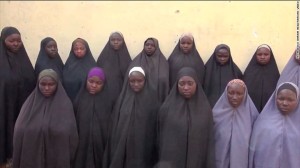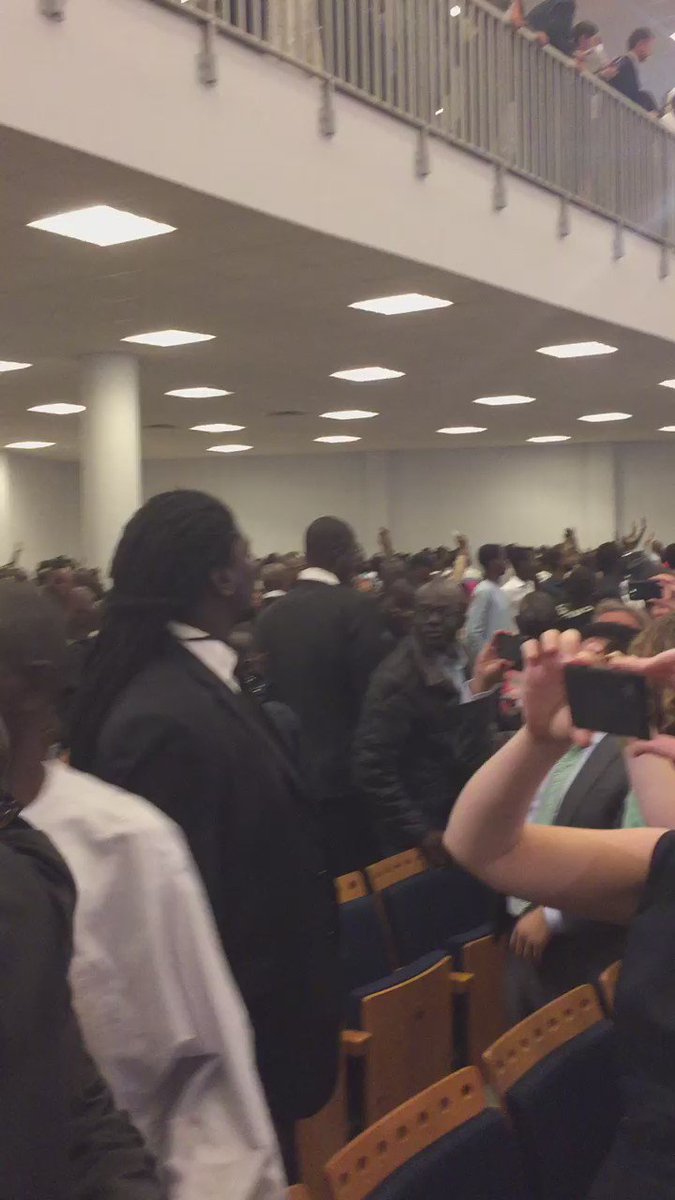By Sarah Lafen
Impunity Watch Desk Reporter, Europe
ROME, Italy –This past week, more than 14,000 refugee migrants from Libya were rescued from the Mediterranean Sea by European forces. At least 65 migrants have died in shipwrecks associated with these rescue missions. Spanish and Irish vessels, Spanish planes, Luxembourgian planes, and the Italian navy have all contributed to the rescue of these refugee migrants.
Warmer spring weather has led to a surge in migrants attempting the journey from the North African coast to Europe’s borders. The crossing between Italy and Libya is now the main route used by migrants since a deal between the European Union (EU) and Turkey has decreased the number of migrants from entering Greece via the Aegean Sea. Under the deal, all new “irregular” migrants crossing from Turkey to Greece must be returned to Turkey. Turkey must also take all measures necessary to prevent any newly developed land or sea routes accessible to migrants from Turkey to the EU.
Many European nations have voiced reluctance to take in migrant refugees. Some rescued migrants are taken to Porto Empedocle on the Sicilian coast, and some are placed in Sicilian and Greek shelters. However, not all refugees will be granted asylum in the EU once they arrive. Most rescued migrants are asked to leave the EU within seven days of their arrival. To prevent the potential massive influx of asylum seekers, some have suggested sending these migrants straight back to Libya despite its currently being a war-zone. Austria has gone so far as to change its laws to prevent migrants from applying for asylum at their border. Germany has recently revealed plans to add Morocco and Tunisia to its list of “safe countries” which would prevent migrants from those countries to qualify for asylum in Germany.
These migrants pay hundreds of thousands of dollars to make this journey to Europe, and travel from a wide variety of countries including Morocco, Tunisia, Syria, Iraq, Somalia, Eritrea, and Sudan.
For further information, please see:
CNN — 700+ Migrants Missing or Feared Dead in Mediterranean Shipwrecks — 30 May 2016
The Irish Times — Migrant Crisis: Shipwrecks ‘kill up to 700’ UN Agency Says — 29 May 2016
The Guardian — Dozens Feared Dead as Migrant Boat Capsizes in Mediterranean — 28 May 2016
BBC — Migrant Crisis: Many Feared Dead in Shipwreck off Libya — 26 May 2016
European Commission — EU-Turkey Agreement: Questions and Answers — 19 March 2016


